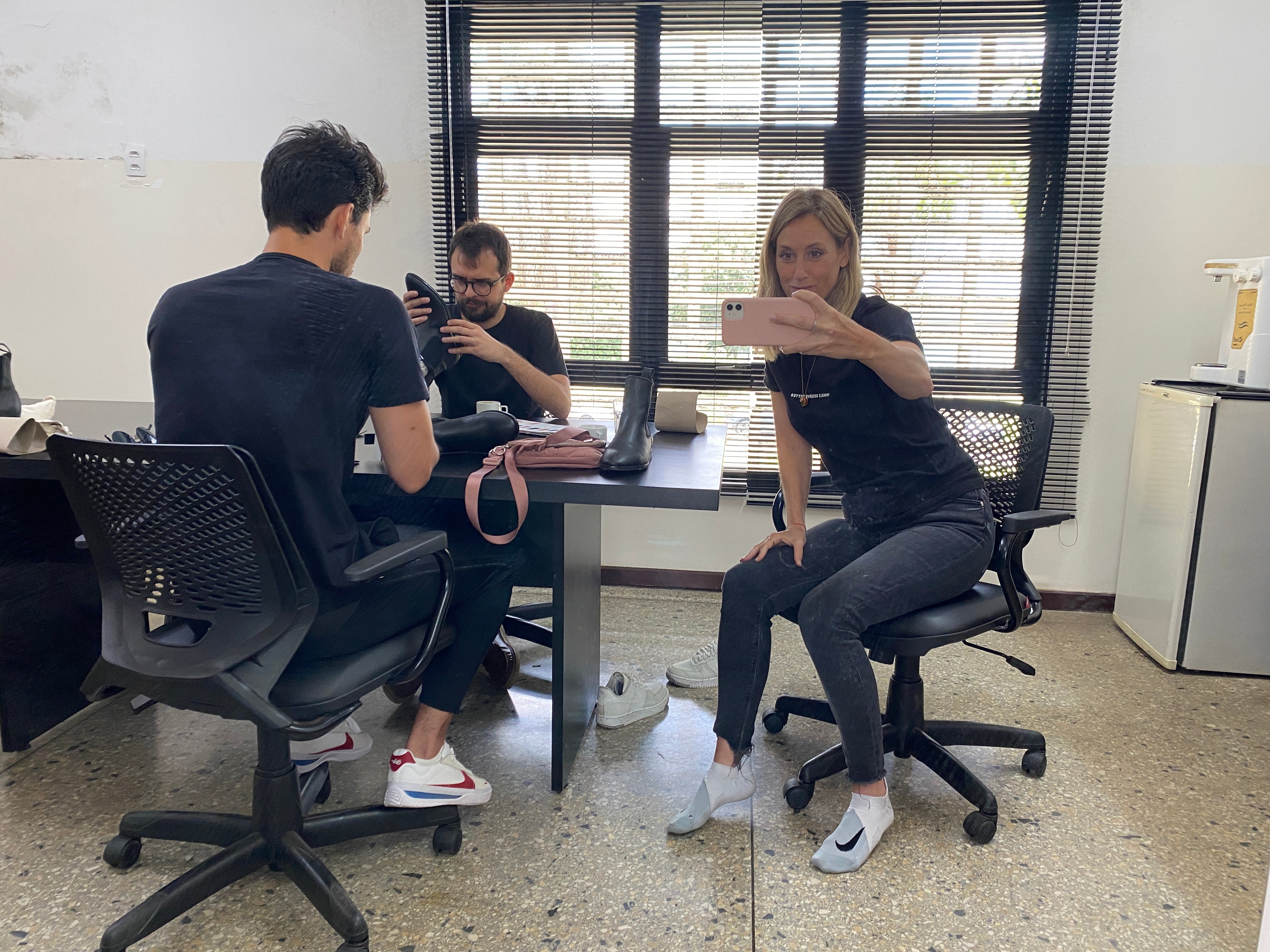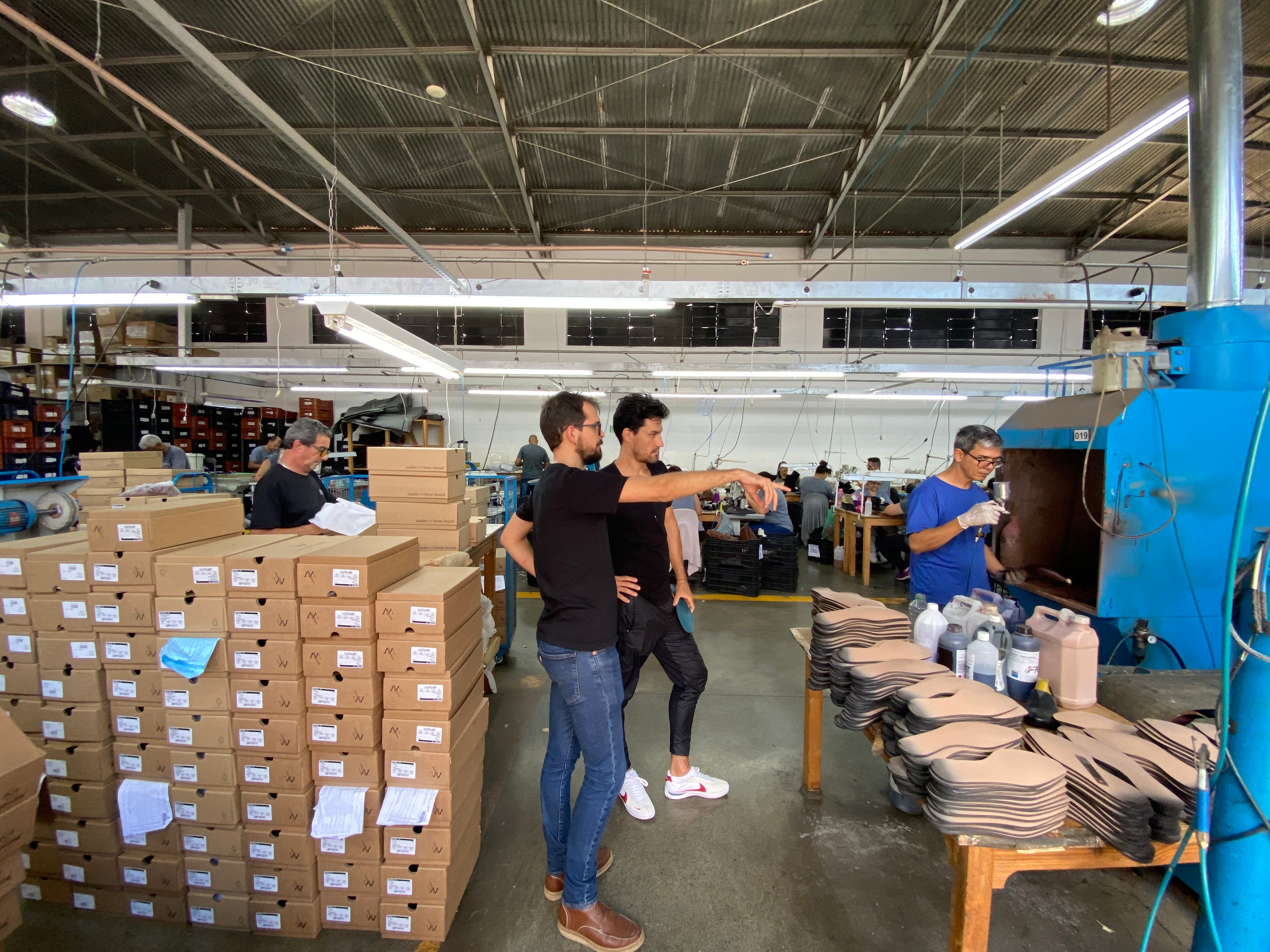The Problem with PU Material: Vegan Faux Leather and Vegan Leather Polyurethane
As the demand for sustainable and animal-friendly alternatives to leather grows, vegan faux leather made from polyurethane (PU) has gained popularity. While these materials offer a cruelty-free alternative to traditional leather, they are not without their drawbacks. In this post, we will delve into the problem with PU material commonly used in vegan faux leather and vegan leather polyurethane.
-
Environmental Concerns: One of the main issues with PU material is its environmental impact. PU is derived from petroleum, a non-renewable resource, and its production involves the use of toxic chemicals. The manufacturing process of PU also emits greenhouse gases, contributing to climate change. Additionally, PU does not biodegrade easily and can release harmful substances when it eventually breaks down.
-
Durability and Longevity: While vegan faux leather made from PU can mimic the appearance and texture of genuine leather, it often falls short in terms of durability. PU-based materials tend to crack, peel, and degrade more quickly compared to real leather. This results in a shorter lifespan for products made with vegan faux leather, leading to increased waste and a higher demand for replacements.
-
Limited Breathability and Comfort: PU-based vegan leather lacks the breathability and natural comfort of genuine leather. Unlike animal hide, PU does not allow air circulation, leading to discomfort, especially in warmer climates. Additionally, PU can cause sweating and skin irritation, making it less desirable for long-term wear.
-
Questionable Chemical Composition: The production of PU involves the use of various chemicals, including isocyanates, which can be harmful to human health. These chemicals can cause skin irritation, respiratory issues, and even allergic reactions in some individuals. While efforts have been made to improve the safety of PU, concerns remain about potential long-term health effects associated with its usage.
-
Lack of Biodegradability and Recycling: As mentioned earlier, PU materials are not easily biodegradable. When vegan faux leather products made from PU reach the end of their lifecycle, they often end up in landfills, where they contribute to the growing waste problem. Furthermore, recycling PU can be challenging due to its complex composition, limiting the potential for a circular economy.
Conclusion: While vegan faux leather made from PU offers an animal-friendly alternative to traditional leather, it comes with its own set of problems. The environmental impact of PU production, its limited durability, questionable chemical composition, and lack of biodegradability raise concerns about its overall sustainability. As consumers, it is important to be aware of these issues and consider alternative materials that offer a more eco-friendly and durable solution to our leather-free needs.
This is why we have chosen to make our boots with vegan plant based Cactus Leather from Desserto, which in our opinion is the best leather alternative which is similar to leather but ethically and sustainably made. You can learn more about Cactus Leather here:
https://voesandcompany.com/blogs/news/desserto-cactus-leather-the-sustainable-alternative-with-a-remarkable-resemblance-to-leather


